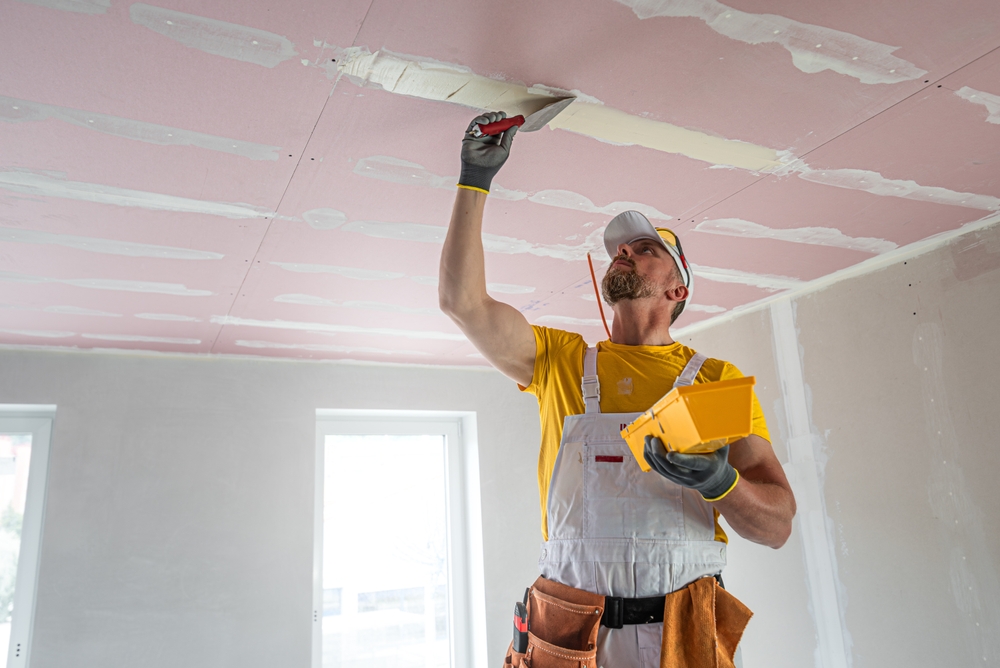
The task of building or majorly renovating your dream home comes with both rewards and headaches. A common headache is seeing your home built with defective design and construction issues that your contractor refuses to fix.
Thankfully, if you live in Texas, there are a few different statutes that are specifically designed to protect you from construction defects by letting you go after contractors. The most useful of these laws, under Chapter 27 of the Texas Property Code, is the Residential Construction Liability Act (or “RCLA” for short)-and it has quickly become many homeowners’ best friend.
Does RCLA apply to my situation?
RCLA applies to any action to recover damages arising from a construction defect. “Construction defect” is defined very broadly as “a matter concerning the design, construction, or repair of a new residence, of an alteration of or repair or addition to an existing residence, or of an appurtenance to a residence, on which a person has a complaint against a contractor. The term may include any physical damage to the residence, any appurtenance, or the real property on which the residence and appurtenance are affixed proximately caused by a construction defect.” In other words, if you’re building a new home or renovating an existing home and you discover defects, RCLA will most likely apply.
Take note, however, that there are several instances your builder/contractor will not be liable under RCLA:
· If the defect is actually just normal wear, tear, or deterioration;
· If the defect is normal shrinkage due to drying or settlement of construction materials with the tolerance of building standards.
· If the defect was caused by the negligence of a person other than the contractor or the contractor’s agents or employees;
· If you fail to take reasonable action to mitigate the damages or take reasonable action to maintain the residence;
· If the contractor relied on written information about the home that was obtained by the contractor from official records and if the information in the records was false or inaccurate and the contractor/builder did not know and could not reasonably have known the information was inaccurate.
What can I get in damages from the contractor?
Under RCLA, a claimant may recover the following damages proximately caused by a construction defect:
1) Reasonable costs of repairs necessary to cure the defect
2) Reasonable and necessary costs for repair or replacement of any damaged goods in the residence
3) Reasonable and necessary engineering and consulting fees
4) Reasonable expenses of temporary housing necessary during the repair period
5) Reduction in market value, if any, to the extent the reduction is due to structural failure
6) Reasonable and necessary attorney’s fees
What do I need to do under RCLA?
If you have determined that RCLA does apply, the steps below will need to be taken under RCLA:
1. Get an Inspection.
The first thing you need to do if you see defects in your new home is get a private home inspection done as soon as possible. Although your home may be inspected by required inspectors during the construction process, hiring a private home inspector will only be to your benefit. If you decide to litigate your case, these home inspectors can be called to testify on your behalf.
2. Differentiate between a construction defect and a design defect.
Once you get an inspection done, you will need to figure out if the defect is actually a design defect as opposed to a construction defect. If it turns out to be a defect in the design, Texas law will require you to take additional steps such as getting a Certificate of Merit from an engineer or architect.
3. Check for Builder’s Warranties.
Texas has put in place a number of warranties that will apply regardless of what your contract says. However, in addition to these statutory warranties, you will need to also check if there are any explicit warranties put in place by your Builder in any of the contracts you may have signed.
4. Send a Certified Letter.
You must notify the contractor in writing, describing in reasonable detail the nature of the complaint, 60 days before filing suit. It’s very important to be specific in your letter. The more detail you give, the better.
5. Wait for a “Reasonable” Settlement Offer.
After receiving that letter a contractor has 35 days to inspect the home and 45 days in which to make the offer. The offer may include (i) a proposal to repair the defect; (ii) a proposal to repair the defect partially or totally at the builder’s expense, or at a reduced rate to the homeowner; or (iii) a monetary settlement offer or an offer to purchase the residence.
6. Accept or Reject the Settlement Offer
The homeowner has 25 days to accept or reject the offer and must state in reasonable detail why it is unreasonable. The contractor then has 10 days in which it may make a supplemental offer. If the homeowner does nothing, the offer is deemed rejected after 25 days. However, be careful: If the homeowner rejects what is later determined by the court to be a reasonable offer, the homeowner’s damages will be capped as provided in the statute. Also, if it is later determined that the builder made an unreasonable offer, the damage limitations RCLA provides do not apply.
7. Hire an Attorney and File a Lawsuit.
If you have gone through the steps above with no resolution, it may be time to hire an experienced attorney who can help you navigate RCLA and any other statutes that might help get you the relief you deserve.
This article is intended as a general educational overview of the subject matter and is not intended to be a comprehensive survey of recent jurisprudence, nor a substitute for legal advice for a specific legal matter. If you have a legal issue, please consult an attorney.
Karalynn Cromeens is the Owner and Managing Partner of The Cromeens Law Firm, PLLC, with over 17 years of experience in construction, real estate, and business law. A published author and passionate advocate for contractors, she has dedicated her career to protecting the businesses her clients have built. Karalynn is on a mission to educate subcontractors on their legal rights, which inspired her books Quit Getting Screwed and Quit Getting Stiffed, as well as her podcast and The Subcontractor Institute.

